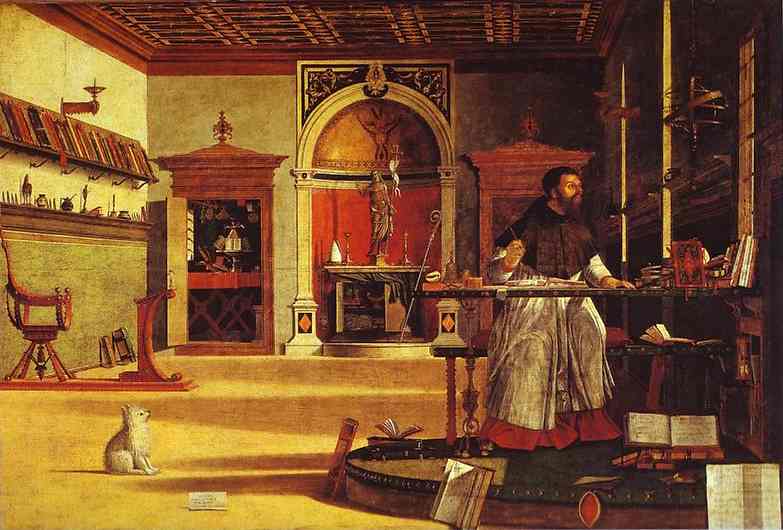
David Bentley Hart and the Transformation of the West

I have only just started it, but I suspect I am going to enjoy David Bentley Hart's The Atheist Delusion: The Christian Revolution and Its Fashionable Enemies. If the "new atheists" have accomplished anything, it is to generate some wonderful and thoughtful Christian apologetical writing. Part of what Hart wants to do, it seems, is highlight the cultural transformation that Christianity brought to the West (Rodney Stark's work comes to mind here). Thus, Hart writes in the Introduction: "My chief ambition in writing [the book] is to call attention to the peculiar and radical nature of the new faith in that setting [i.e., the first five centures of the Christian era]: how enormous a transformation of thought, sensibility, culture, morality, and spiritual imagination Christianity constituted in the age of pagan Rome; the liberation it offered from fatalism, cosmic despair, and the terror of occult agencies; the immense dignity it conferred upon the human person; its subversion of the cruelest aspects of pagan society; its (alas, only partial) demystification of political power; its ability to create moral community where none had existed before; and its elevation of active charity above all other virtues" (XI).
- Details
- Category: Recommended Reading Recommended Reading
- Published: 26 October 2009 26 October 2009
- Hits: 3841 3841
Augustine and the Possibility of Approaching God

Augustine is virtually an endless supply of wisdom and theological insight. In re-reading parts of De Trinitate lately, I read a wonderful quote on how we ought to approach God. I have posted this quote on my wall before, as I have found it so helpful. In the history of theology there has often been either (1) a tendency to approach God through flippantly or arrogantly, or (2) a tendency to be too reticent about our ability or capacity to say something meaningful about God. Augustine certainly recognizes the challenge of saying something about God, but he wisely encourages a proper way to speak about God. He writes (in De Trinitate V.1): "Yet for all that [=the difficulty in speaking about God] there is no effrontery in burning to know, out of faithful piety, the divine and inexpressible truth that is above us, provided the mind is fired by the grace of our creator and savior, and not inflated by arrogant confidence in its own powers."
- Details
- Category: Recommended Reading Recommended Reading
- Published: 23 October 2009 23 October 2009
- Hits: 4883 4883
D.A. Carson and the Love of God

I have the joy of teaching some wonderful students at Union University. In my Doctrine of God class, I always assign D.A. Carson's The Difficult Doctrine of the Love of God (Crossway, 2000). It is an 84 page volume, and is a great way to help students think about how to "do" theology. Carson essentially sees five "strands" of the love of God in the Bible. To highlight or emphasize one strand of what the Bible teaches about the love of God while excluding others will get you into trouble. It is the kind of book I wish I had read as a first-year seminary student, and I am happy to "make" my students read it.
- Details
- Category: Recommended Reading Recommended Reading
- Published: 21 October 2009 21 October 2009
- Hits: 3443 3443
David Jeffrey, Tolkien, and the Nature of Literature

In the midst of Ph.D. work I discovered the scholarship of David Lyle Jeffrey. I am very thankful I did. His books that I have read (and he has written others), The People of the Book: Christian Identity and Literary Culture and Houses of the Interpreter: Reading Scripture, Reading, are simply excellent. I recently read his Andrew Lang Lecture, given at University of St. Andrews in 2004. It is titled "Tolkien and the Future of Literary Studies," and appears in Tree of Tales: Tolkien, Literature, and Theology (Baylor University Press, 2007). . .
- Details
- Category: Recommended Reading Recommended Reading
- Published: 21 October 2009 21 October 2009
- Hits: 4431 4431
Read more: David Jeffrey, Tolkien, and the Nature of Literature